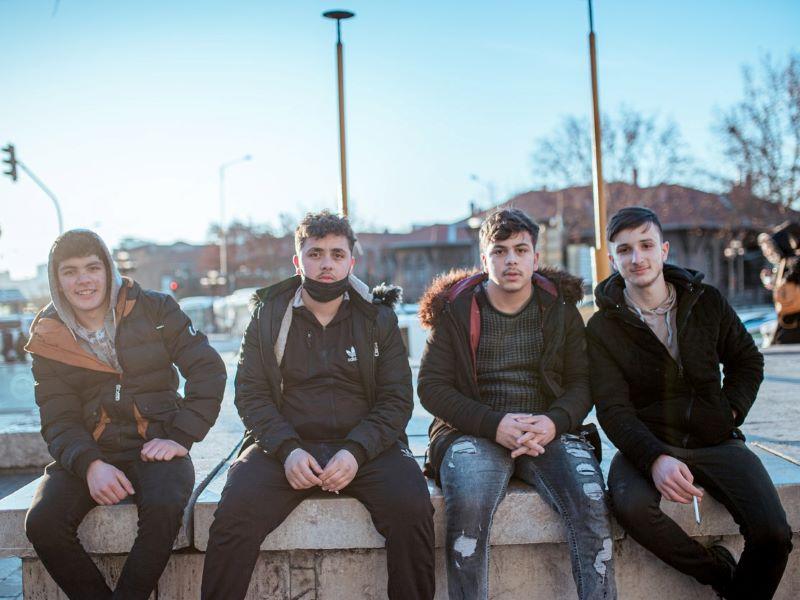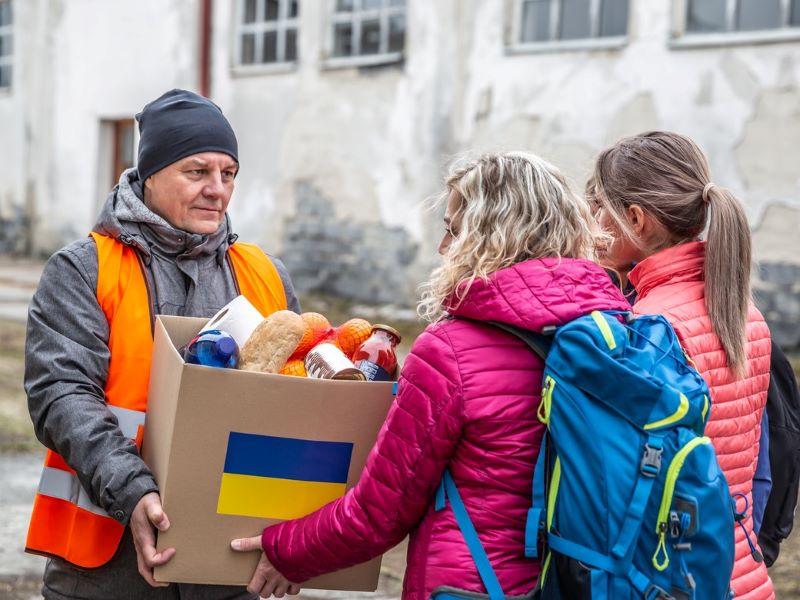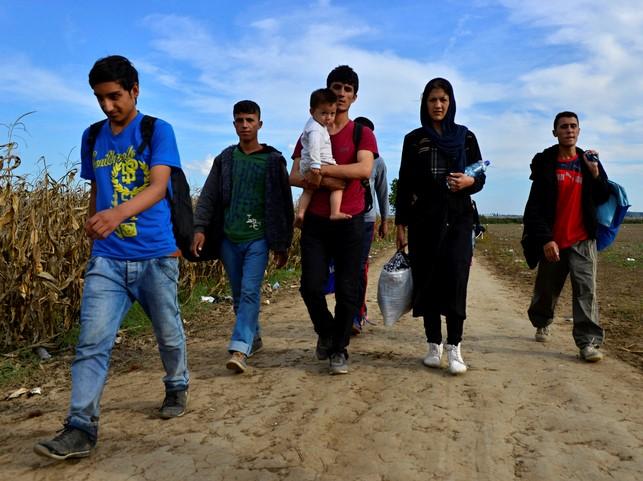
Helping refugees get their qualifications recognised
Tips for how higher education institutions and accreditation authorities can recognise refugees’ qualifications even when they cannot be fully documented

Refugees’ qualifications: the challenges
Qualifications held by refugees and displaced persons – hereafter simply “refugees” – are no different from those of other people, in principle. There is, however, an important practical difference: education diplomas and degrees may not be the first thing people think of taking along when they have to flee their homes. Therefore, many refugees have qualifications they cannot document. This is when a second set of problems emerge: without qualifications, refugees’ options in their host societies are severely limited. They cannot easily get new documents from their home institution. Files may have been destroyed, communication is likely to be difficult, and the institutions and public authorities on which they depend may not be eager to help people they see as having failed their country by fleeing.
- Practical ways to develop a comprehensive university ‘sanctuary’ programme
- How universities can support refugee students and academics
- Spotlight: What universities can do to assist refugees
Identifying the qualifications refugees are likely to have
Therefore, higher education institutions and accreditation authorities need to reconstruct refugees’ qualifications. The European Qualifications Passport for Refugees (EQPR) has been developed by the Council of Europe to help with this process, through a project in which 16 countries as well as the UN High Commissioner for Refugees now participate.
The EQPR has two main aims:
- to provide a tested methodology for assessing refugees’ qualifications even in the absence of adequate documentation
- to describe the assessment in a format that makes it possible for refugees to use the assessment if they move to a new host country without having to undergo a new test.
First launched in 2017, the project demonstrates that both goals can be reached.
Interviews based on information
The EQPR relies on a double methodology. First, candidates complete a questionnaire and provide any documentation they have. Even if the refugees cannot present a diploma, they may have other documentation such as study plans or proof of admission. Through the questionnaire, the refugees are asked to detail the qualifications they claim.
If the questionnaire demonstrates that the refugees are likely to have these qualifications, they are interviewed by two experienced credentials evaluators from two different countries. At least one of them will have specialised knowledge of the education system of the country in which the qualifications were earned as well as of the language(s) of instruction. If the refugee claims qualifications from an Arabic-speaking institution, at least one of the interviewers will be proficient in Arabic. The interview lasts about 45 minutes and reviews all aspects of the qualifications claimed.
After the interview, the evaluators compare notes and decide whether the refugees are likely to possess the qualifications they claim. As of 12 June 2022, 795 candidates had been interviewed, of whom 664 received the EQPR. This high success rate is due both to the seriousness of the applicants and the possibility the questionnaire provides to identify non-serious applicants. The evaluators’ specialised knowledge is essential, as they are able to identify cases where the applicants have little knowledge of the country or institution from which they claim to have their qualifications.
How can higher education institutions support the EQPR?
The EQPR is not a recognition decision in a formal sense. It does, however, help refugees qualify for access to higher education as well as for work in areas of relevance to their qualifications. Therefore, institutions should signpost potential EQPR candidates to the necessary authorities to take them through the process. The universities can then admit EQPR holders to study programmes, giving them an opportunity to earn further higher education qualifications without having to repeat courses they have already undertaken. There is work to be done to ensure that more higher education professionals recognise the legitimacy of the EQPR and encourage its more widespread application.
Italy provides a good example: thanks to close cooperation with the Italian Rectors’ Conference, more than 50 EQPR holders interviewed in Italy have now been accepted at Italian universities. The current project phase, launched in 2022, includes a stronger focus on ensuring that the EQPR opens good opportunities for further study or for work.
The EQPR cannot replace a licence to exercise a regulated profession, typical examples of which are medicine, nursing, law and architecture. At the discretion of the competent national authorities, the EQPR may, however, facilitate access to the examinations required for regulated professions. Institutions that play a role in organising or deciding the content of examinations for regulated professions can help by ensuring that these are accessible to qualified EQPR holders. As seen during the pandemic, EQPR holders with qualifications in health-related disciplines helped out under the supervision of duly licensed professionals, as did advanced students in health disciplines.
How can refugees apply for an interview?
Refugees wishing to be assessed of the EQPR should contact the national information centre of their host country. By way of example, UK ENIC – the UK National Information Centre for the recognition and evaluation of international qualifications and skills – is located in Gloucester and operates on a mandate from the UK Department for Education. Refugees may also contact the Council of Europe or the UNHCR directly.
Why is the EQPR important?
The EQPR give refugees an opportunity to use qualifications they have but cannot document. This enables their host country – and universities – to draw on the knowledge and skills the refugees have, and it allows refugees to be, and to feel, of use to their host societies.
The EQPR can make the difference between a vicious and a virtuous circle. In the vicious circle, refugees are told that their qualifications are worth nothing, they are passivised and demotivated. They will ultimately lose the qualifications they once had because qualifications are more like a language than the ability to ride a bike or to ski: if you do not practise, you lose the ability.
In the virtuous circle, refugees are given an opportunity to use and improve on their qualifications. They are motivated, feel recognised, and not only keep their qualifications but develop them further. This helps refugees and their host societies. If and when refugees can return home, they do so with improved qualifications and experience that will help rebuild their home societies.
Sjur Bergan was head of the Council of Europe education department from 2011 to 2022.
If you would like advice and insight from academics and university staff delivered direct to your inbox each week, sign up for the Campus newsletter.
Additional Links
Presentation video on the EQPR.
Other multimedia resources relating to the EQPR.
Overview of EQPR national information centres (ENICs) and related resources.
“Recognising refugee qualifications – A virtuous circle”, University World News.


